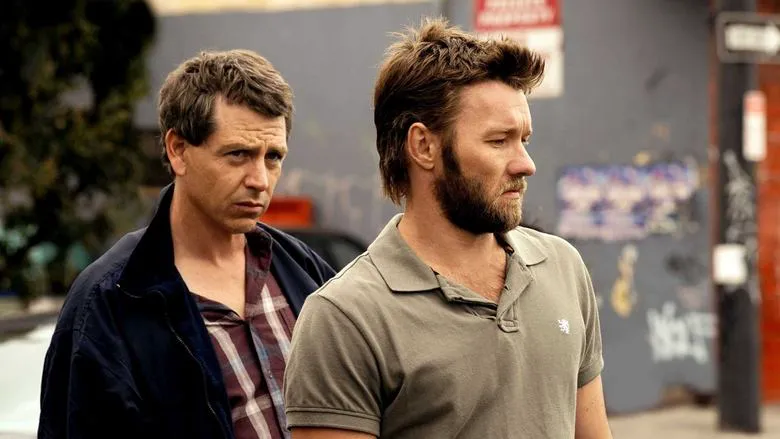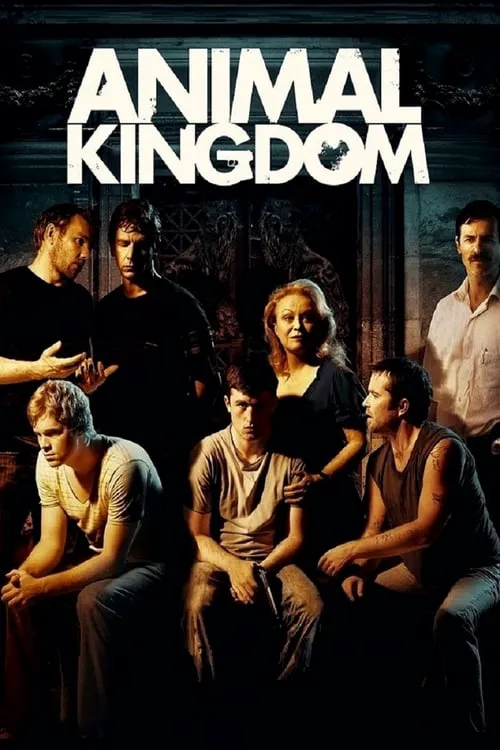Unveiling the Dark Heart of Melbourne: The Making of David Michôd’s “Animal Kingdom”
Released in 2010, David Michôd’s “Animal Kingdom” exploded onto the cinematic landscape, a brutal and unflinching Australian neo-noir that quickly garnered international acclaim. Far from a mere crime thriller, the film delves into the harrowing complexities of family, loyalty, and survival within Melbourne’s sinister criminal underworld. But what went into crafting this unsettling masterpiece? Let’s peel back the layers behind the genesis of this modern classic.
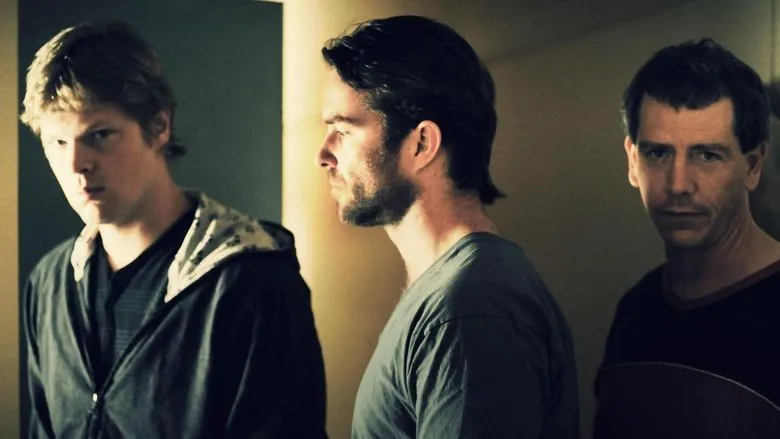
The Director’s Vision: A Taut, Terrifying Reality
Director David Michôd embarked on “Animal Kingdom” with a clear, uncompromising vision: to create a film steeped in gritty, unsettling realism. Drawing inspiration from actual events and police observations of Melbourne’s crime families, Michôd meticulously built a narrative that felt authentic, disquieting, and deeply human despite its violent core. His direction eschewed overt stylization, instead opting for a pervasive sense of dread that slowly suffocates the audience, mirroring young J’s increasingly claustrophobic existence. This commitment to an eerie, unvarnished portrayal of organized crime grounds the film’s unsettling atmosphere, making every act of brutality resonate deeply.
Michôd masterfully orchestrated the narrative’s tension, particularly J’s harrowing journey from innocent bystander to reluctant participant. The audience is expertly placed in J’s shoes, experiencing the same fear, confusion, and moral compromises as he navigates the treacherous landscape presented by his newly rediscovered family.
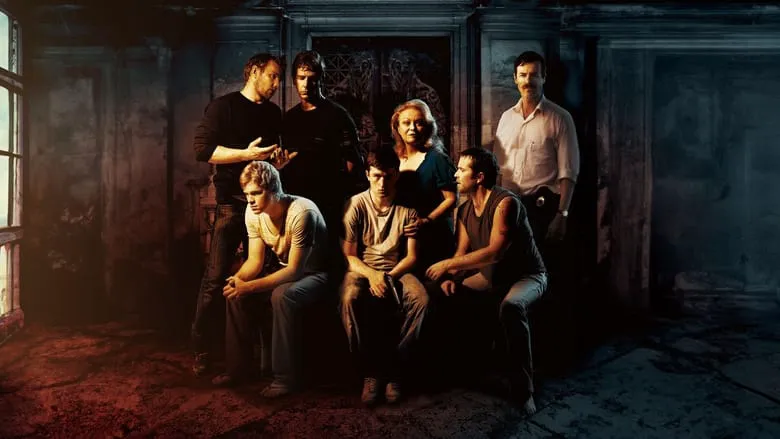
The Cody Clan: A Symphony of Sinister Performances
At the heart of Animal Kingdom’s chilling impact lies its phenomenal ensemble cast, particularly the transformative performances that bring the Cody family to life with terrifying conviction.
Jackie Weaver’s Revelation as Smurf Cody
The casting of Janine “Smurf” Cody was pivotal, and Jackie Weaver’s portrayal became the film’s undeniable revelation. Weaver, a veteran actress with a long career but less international recognition, delivered a performance that was both chilling and utterly magnetic. She crafted a matriarch who, on the surface, presents as a concerned grandmother, yet beneath lies an ice-cold, calculating criminal mastermind. Her subtle shifts from doting affection to ruthless intimidation cemented Smurf as one of cinema’s most memorable villains. Her chillingly quiet menace and implied authority were not just acted; they felt lived-in, a testament to her deep understanding of the character’s dual nature. Her Oscar nomination for Best Supporting Actress was a much-deserved nod to this powerful transformation.
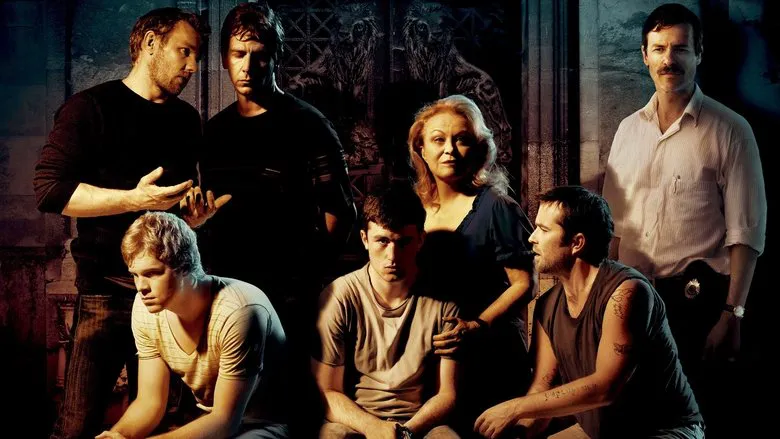
The Innocent and the Seasoned: James Frecheville and Guy Pearce
Equally compelling were the performances of James Frecheville as the vulnerable Joshua “J” Cody and Guy Pearce as the seasoned Detective Senior Sergeant Nathan Leckie. Frecheville, a relatively unknown actor at the time, embodied J’s wide-eyed innocence and gradual moral decay with heartbreaking conviction. His internal struggle between filial loyalty and self-preservation forms the very backbone of the narrative.
Guy Pearce, as the weary but determined Detective Leckie, provides arguably the film’s only flicker of hope, a moral counterpoint to the Codys’ depravity. Pearce’s nuanced performance allows Leckie to be both a relentless law enforcer and a surprising lifeline for J, creating a complex relationship that further twists J’s already fraught allegiances. The subtle dance between them – Leckie’s calculated kindness and J’s desperate grasp for salvation – adds another layer of suspense to the unfolding tragedy.

Crafting the Narrative: Loyalty, Betrayal, and Inevitable Consequence
The screenwriting for “Animal Kingdom,” also penned by Michôd, is notable for its intricate plotting and unyielding focus on the theme of consequence. The film masterfully builds tension around J’s escalating moral dilemma: Will he succumb entirely to his family’s dark influence, or will he align with Leckie and risk the wrath of the Codys?
This narrative precision allows the film to explore difficult questions about inherited criminality and the cyclical nature of violence. Michôd refuses simple answers, instead immersing the audience in the grim reality where choices, no matter how small, have profound and often devastating repercussions. The brutal beating J endures, his subsequent disillusionment, and his climactic decision are not simply plot points, but pivotal moments meticulously designed to shift the internal landscape of his character and propel the story towards its unsettling conclusion.
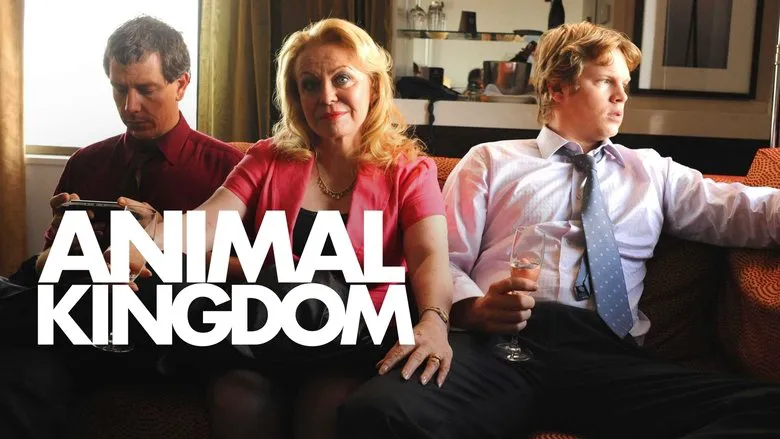
Legacy of an Unforgettable Kingdom
“Animal Kingdom” firmly established David Michôd as a provocative and highly skilled filmmaker. The film’s critical success was immense, earning widespread praise for its taut direction, compelling script, and career-defining performances. It went on to win numerous awards, including the World Cinema Grand Jury Prize at the Sundance Film Festival, affirming its status as a compelling, universally resonant crime drama.
Beyond its accolades, “Animal Kingdom” left a lasting mark on Australian cinema and captivated audiences globally with its unflinching portrayal of family gone horribly wrong. Its haunting exploration of loyalty, betrayal, and the seductive, yet ultimately destructive, allure of organized crime ensures its place as a powerful and unforgettable cinematic experience that continues to resonate years after its release. It is a film that lingers long, a stark reminder of the fragile line between protection and control, and the devastating price of belonging.
